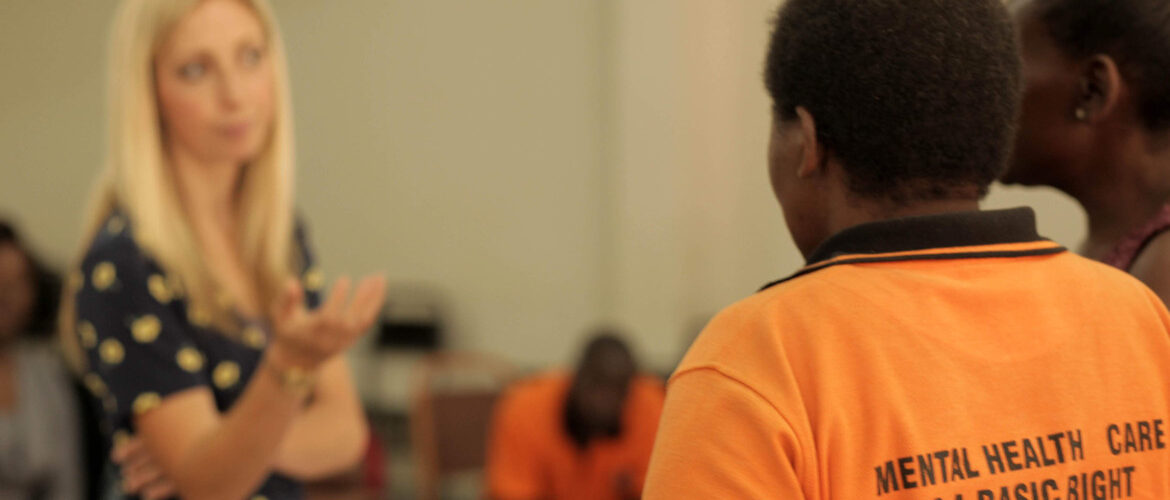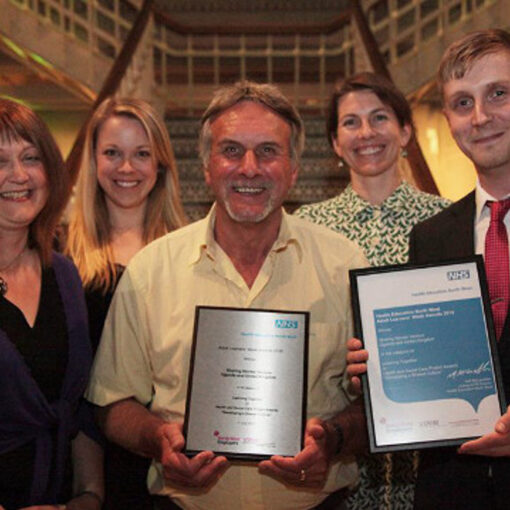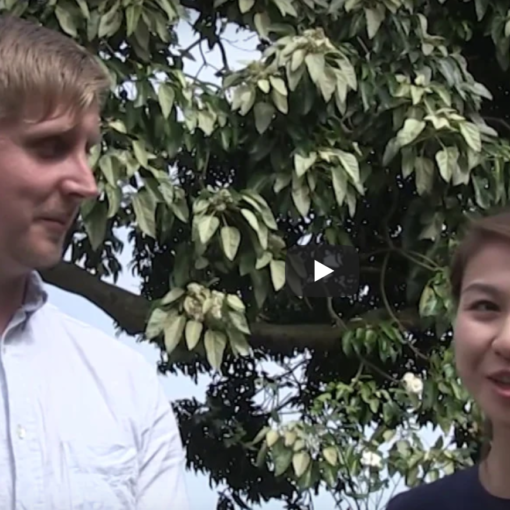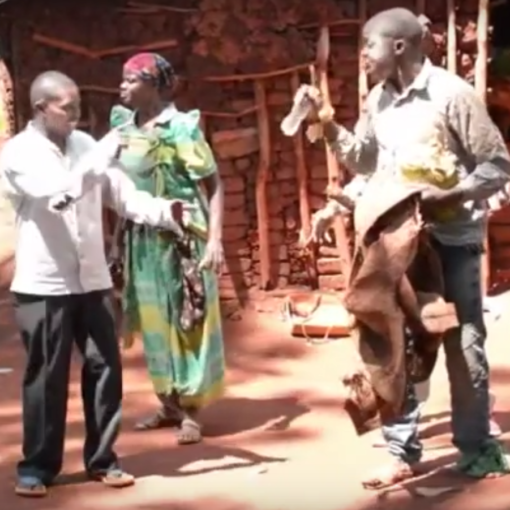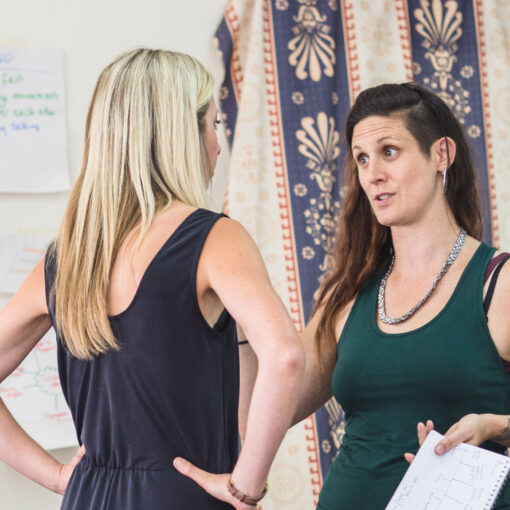Today saw the start of our Forum Theatre workshops in Kampala; a joint venture between Sharing Stories and Odd Arts, supported by MAITS.
For the uninitiated, Forum Theatre is a set of techniques designed to produce a drama performance; the characters, the script and the themes of the performance are produced collaboratively between participants and facilitators. Our aim with this project are to produce a performance that helps to raise awareness of mental health problems and challenge stigma. The unique aspect of Forum Theatre is that, after the performance, the piece is replayed – only this time, audience members are invited to make suggestions or even join in themselves. This offers a way to demonstrate how people and communities can contribute to positive change, underpinned by our core ethos – you’re not better than us, we’re not better than you, but by working together we can all be better.

In this blog, I’ll aim to capture and summarise as we go – keep an eye on our Sharing Stories Facebook page and twitter (@sharingventure) and Odd Arts (@oddartsuk) for other updates – we’ll share when we have wifi! In the meantime we’ll aim to capture as much as we can.
Today, we met with our participants – a range of mental health service-users, peer support workers and mental health professionals from service-user led organisations across Uganda in Kampala, Jinja and Gulu. After some introductory name games, we used some group exercises to think about our similarities and differences – highlighting the value of reflecting on what brings us together and what we can learn from each other.

A challenging group exercise followed; Rebecca led us into a tangle and as a group we had to persevere with the feelings of stuckness and the desire to give up. By being patient and working together, we were able to disentangle ourselves. We were then set a challenge – how could we all simultaneously touch a piece of paper on the floor at the same time, without any part of us touching the floor? This required us to think outside the box and work as a team, in order to find a solution that included everyone.
We then moved onto starting to think specifically about mental health and stigma. As a group, we were asked to move to one side of the room to indicate whether we agreed or disagreed with the statement “I can talk openly about my mental health”. Members from each side were invited to explain why, and if you were convinced to change your mind you were able to switch sides. A lot of side switching went on with some very powerful arguments made; this helped us think about both the importance of sharing our experiences and the inherent challenges in doing this safely. This exercise allowed participants to use their bodies to show us what they thought; even if they didn’t feel able to speak out, where they stood told us what they thought.

We put a series of words on the floor, including community, media, professionals, language, tradition, ourselves, others and asked people to stand next to the one which they felt was the greatest cause of stigma in relation to mental health. A spokesperson from each group fed back the key themes; this exercise really brought to light the cultural differences in understandings of mental health in Uganda, for example in relation to beliefs around witchcraft and how mental illness may be seen by some as a curse from God.
It also highlighted a range of issues that are relevant across cultures; for example the negative messages perpetuated by the media, how stigma around mental health may impact on how people are treated, and how mental health services are often not integrated into broader health services. These ideas will all be fed into the development of the performance piece.

People then secretly chose two other participants; a ‘bomb’ – someone who is dangerous to them, and a ‘shield’ – someone who can protect them from the bomb. We moved around the room and people had to keep their shield between themselves and the bomb. We used this game as a metaphor for threats and protective factors around our mental health. This helped us to think about triggers such as grief, poverty and stigma, as well as positive things such as teamwork, community support and love.
The final stage for today was to put these bombs and shields into a visual form. First, in small groups, we developed ‘freeze frames’ – snapshots of images to communicate one positive and one negative aspect of mental health and resilience. We then built on this to create short drama scenes, which each small team performed for the rest of the group. This included a particularly dramatic scene which involved a bottle of Fanta being thrown everywhere.
The end goal here is to work towards a performance on Wednesday at the National Theatre in Kampala – if that’s day one, imagine how good the final performance on Wednesday is going to be!
An inspiring day and lots of great stuff to build on for tomorrow!

